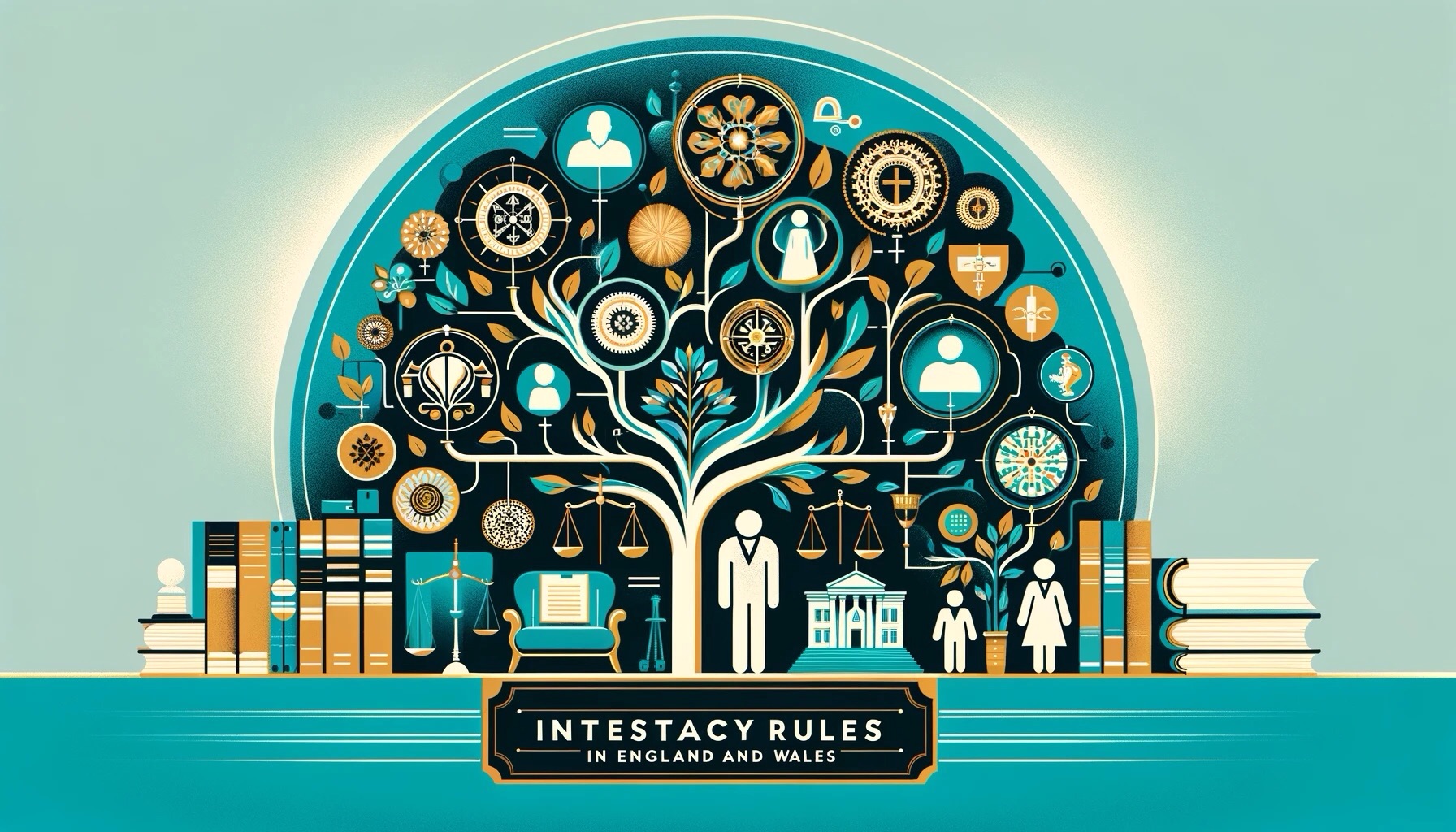Mastering Intestacy Rules In England And Wales: Unveil The Secrets To Distributing Your Estate Effectively
While drafting a will is an essential aspect of estate planning, many people may not realise the implications of passing away without one.
In England and Wales, if you die without a valid will, your estate is distributed according to the intestacy rules. These rules can be complex and might not align with your personal wishes.
Let’s delve into what intestacy rules entail, how your estate is distributed, and the potential consequences of not having a will.
What are Intestacy Rules?
Intestacy rules are a set of legal stipulations that dictate how your estate is divided if you die without a will.
These rules prioritise close relatives, but the distribution may not reflect your personal relationships or intentions.
Distribution of Your Estate
The distribution of your estate under intestacy rules depends on your surviving relatives:
If you have a spouse or civil partner and children:
– Your spouse or civil partner inherits the first £270,000 of your estate and all personal possessions, regardless of value.
– The remainder is then divided in half, with one half going to the spouse or civil partner and the other half divided equally among the children.
If you have a spouse or civil partner but no children:
– Your spouse or civil partner inherits the entire estate, including all personal possessions.
If you have children but no spouse or civil partner:
– Your estate is divided equally among your children.
If you have no spouse, civil partner, or children:
– The estate is distributed to other relatives in a specific order:
— parents, siblings, nieces and nephews, and so on.
What Happens if There is Nobody to Distribute To?
– If there are no surviving relatives who can inherit under the rules of intestacy, the estate passes to the Crown. This process is known as ‘bona vacantia.’ The Treasury Solicitor then handles the estate, and any assets could end up benefiting the government rather than your preferred beneficiaries.
Who Could Miss Out?
Several groups of people are notably excluded under the intestacy rules:
– Unmarried Partners: No matter how long you’ve lived together, your partner will not inherit anything if you’re not married or in a civil partnership.
– Stepchildren: Unless legally adopted, stepchildren do not inherit under intestacy rules.
– Close Friends and Charities: Friends or charities you might have wanted to benefit from your estate have no entitlement under intestacy.
The Importance of Having a Will
Creating a will ensures that your estate is distributed according to your wishes and can prevent unintended consequences. It allows you to provide for unmarried partners, stepchildren, friends, and charities.
Additionally, a will can reduce potential disputes among surviving relatives and expedite the legal process involved in estate distribution.
Understanding the intestacy rules in England and Wales highlights the importance of having a will to ensure your estate is distributed according to your personal wishes. Without a will, your assets may be distributed in a way that you would not have chosen, affecting those you care about most.
To ensure your legacy is passed on as you intend, consider drafting a will with clear instructions on how your estate should be handled.
Don’t leave your estate’s future to chance. Book a free consultancy today to create a will that reflects your wishes and provides for those you care about.




